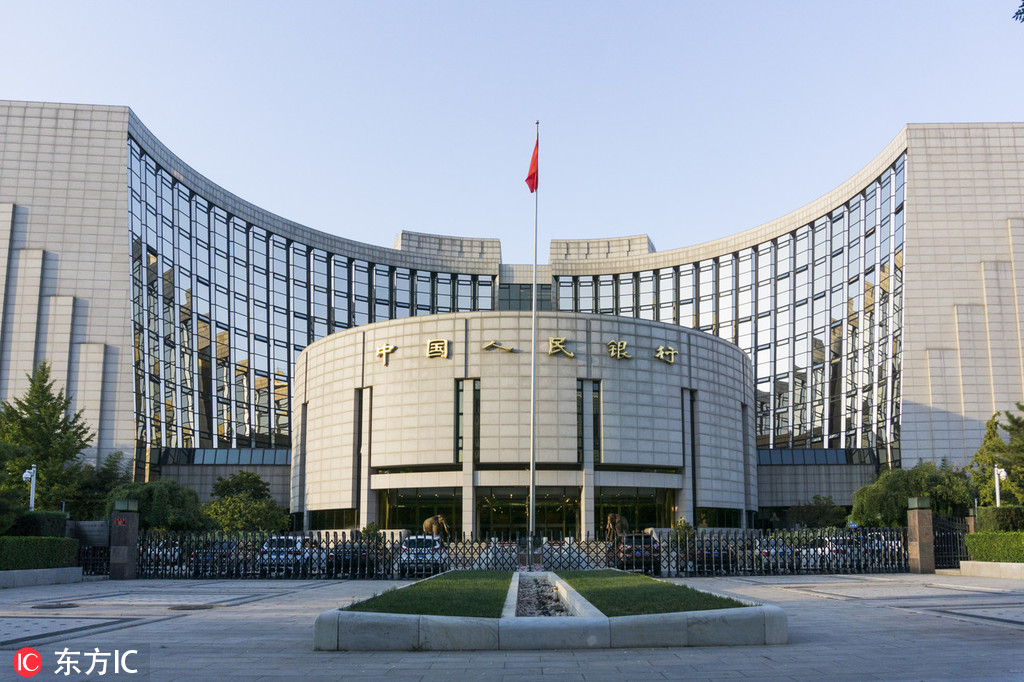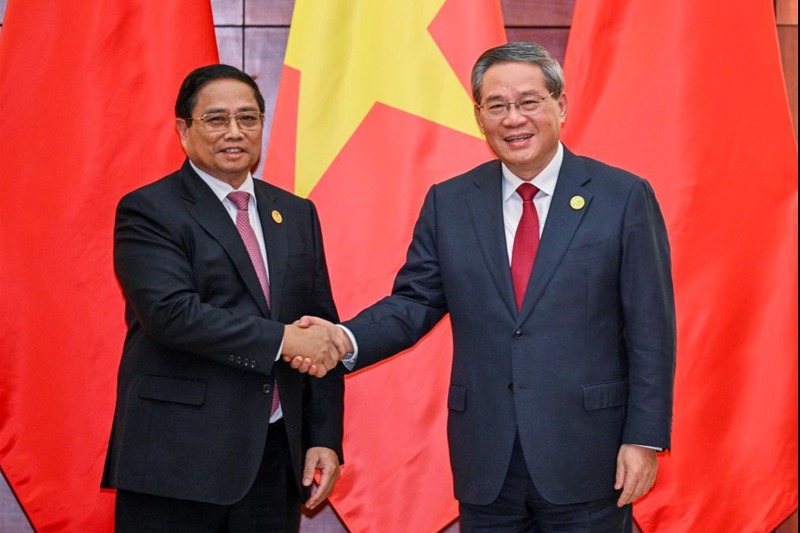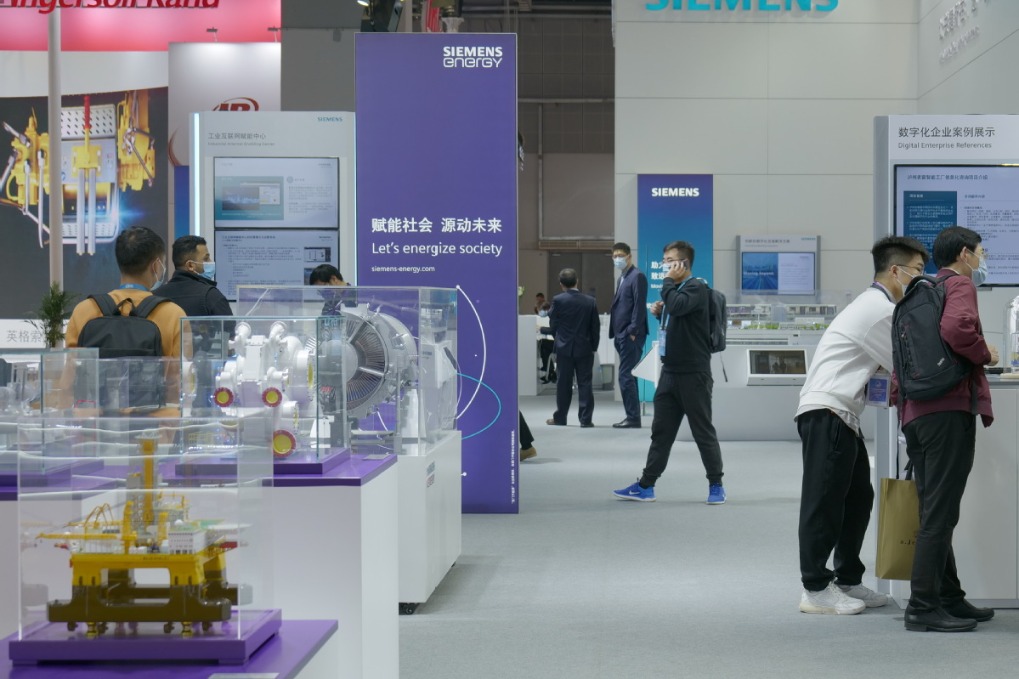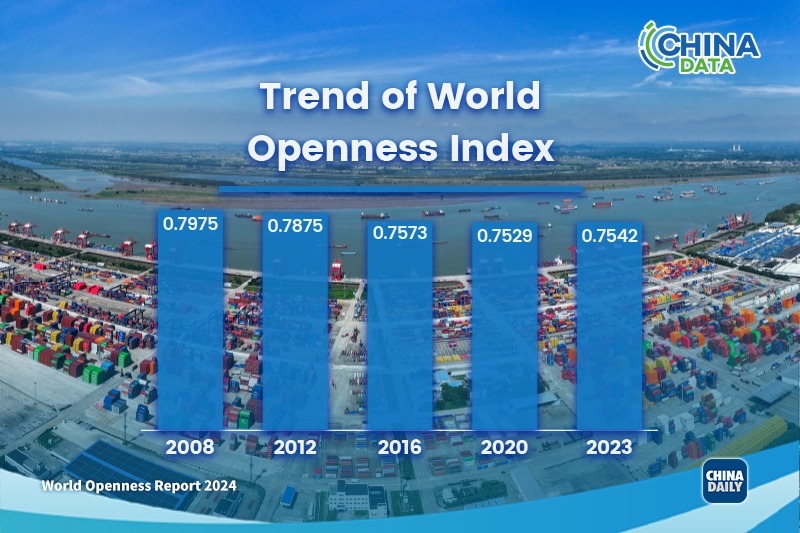RMB rate flexibility stays firmly on agenda


Central bank vice-governor: Forex trading to be easier for foreign investors
China will maintain a flexible renminbi exchange rate and push forward reform of the foreign exchange regime, Pan Gongsheng, vice-governor of the central bank, said at the China Development Forum 2019 on Monday.
The country will further open the capital account, especially for some items that are still unavailable for free currency exchanges. Foreign exchange trading will be more convenient for foreign investors, according to Pan, who is also head of the State Administration of Foreign Exchange.
"China is working to improve flexibility of the renminbi exchange rate while maintaining the rate at a stable equilibrium. And we have successfully avoided competitive depreciation against other major currencies," he said.
In the future, the market will play a decisive role in the exchange rate regime and China will continually maintain a flexible exchange rate, said Pan, adding that the transparency of the currency pricing system will be improved.
China registered surplus in both the current account and the capital account in 2018, and the renminbi exchange rate played a more important role in balancing international payments, said Pan.
Yi Gang, the central bank governor, said at the same forum on Sunday that "the central bank has already withdrawn from day-today interventions and now more and more market participants are getting used to a flexible exchange rate".
Maintaining a flexible currency exchange rate is necessary to cushion market fluctuations amid global financial fragility, especially when the financial market will be further opened to foreign investors, according to the governor.
Data from the SAFE showed that in 2018, the Chinese currency was relatively stable against other major peers. By the end of last year, the central parity rate of the renminbi weakened 4.8 percent against the US dollar, while the emerging markets' currency index slipped by 10 percent against the US dollar.
Despite the renminbi depreciation, capital outflows in 2018 have remained subdued. A JPMorgan research estimated moderate capital outflow at about $120 billion last year. The country's foreign exchange reserves fell $67.2 billion compared to the amount at the end of 2017.
Given the gloomy outlook of the global economy, the world's leading central banks have sent out dovish messages and stopped monetary tightening, and some analysts predicted that the US dollar may see lower appreciation.
"Returning investor capital and inflows into emerging markets is a trend that will gain popularity throughout the developing world and across different continents," said Jameel Ahmad, global head of currency strategy and market research at FXTM, a foreign exchange trading platform.
"What will be concerning investors behind their trading desks is that it can't be denied that there is a coordinated downbeat view that is being presented by central banks and senior officials across the globe this year," he said.
During the weekend, declarations from Chinese officials to further open the domestic financial market have cheered the guests attending the forum. They are expecting China to allow more foreign players to provide services and trading of financial products in the onshore market.
But the opening also means higher-level contagion from global financial fluctuations, said analysts, adding that China needs to improve the financial risk prevention and management system to keep pace with its opening-up process.




































